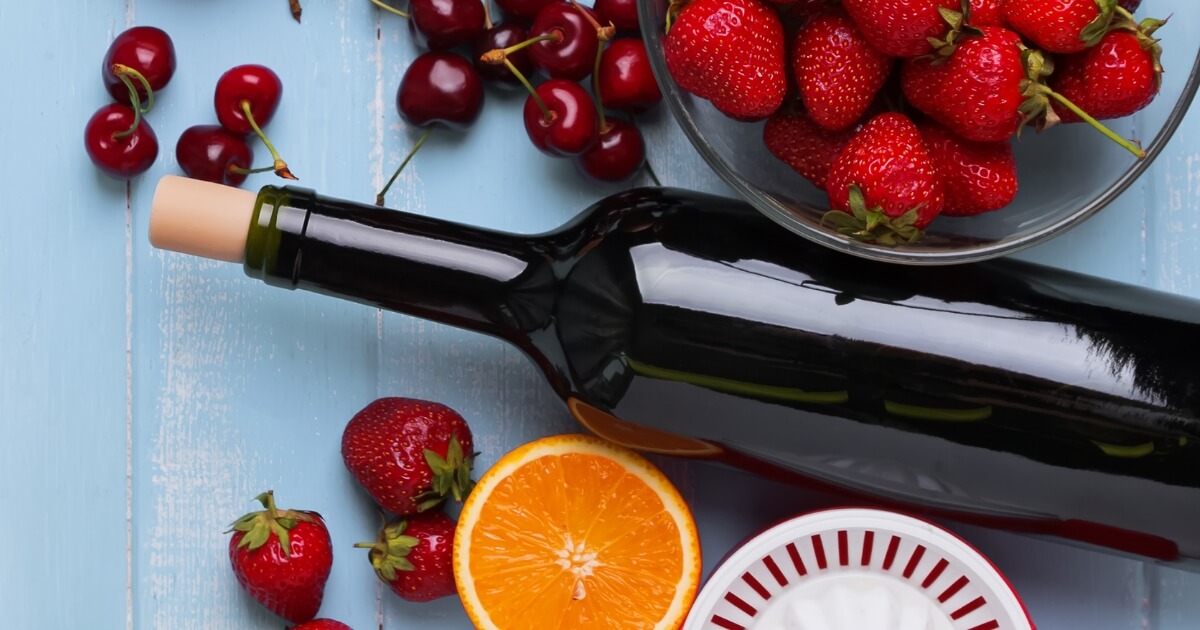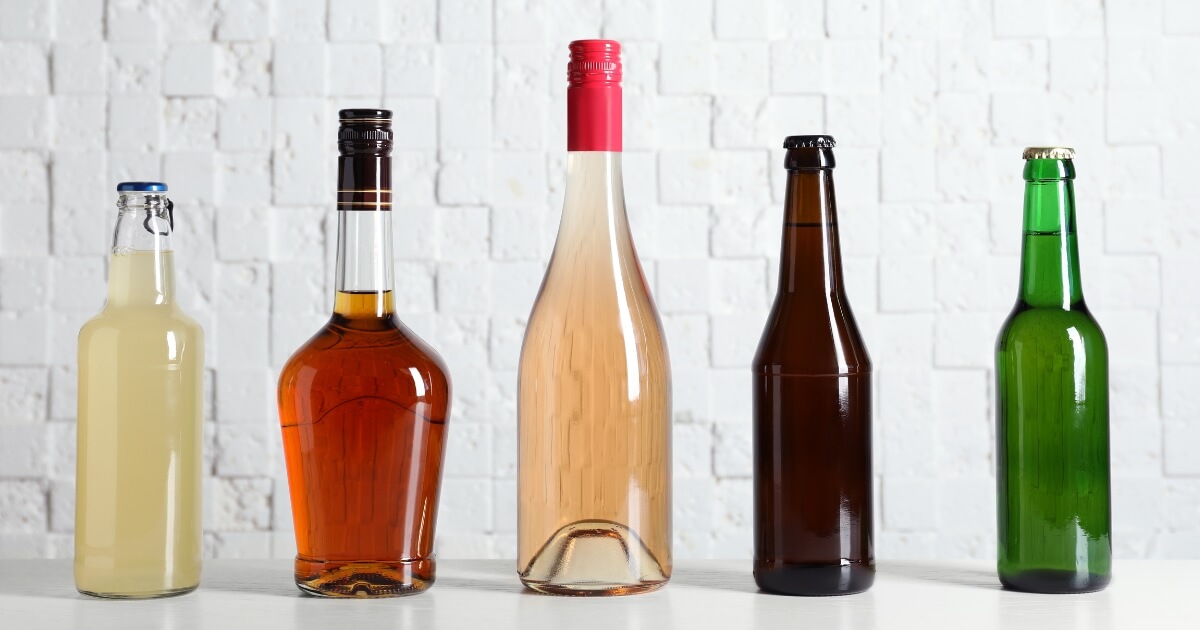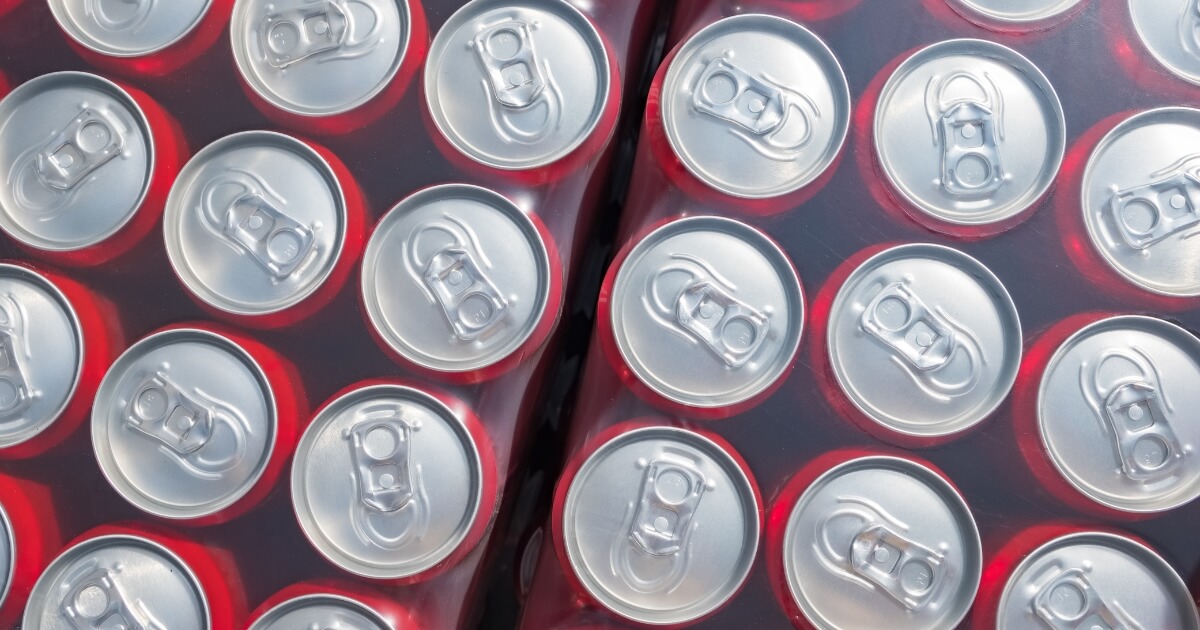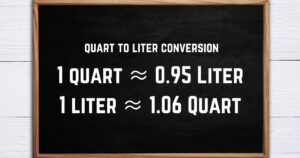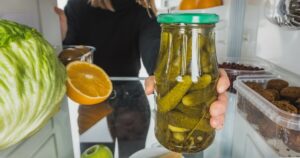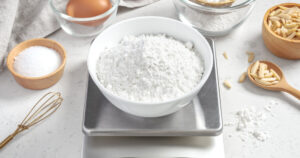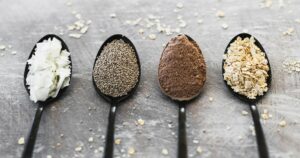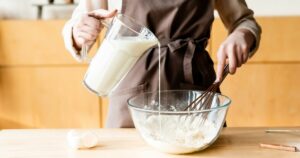You’ve got a bottle of Champagne tucked away for a special occasion, but how long can it sit there before it loses its sparkle? This question plagues many champagne enthusiasts, whether you’re holding onto a vintage treasure or a more accessible bubbly from the liquor store.
Champagne isn’t just any bottle of wine. It’s a celebration in a glass. But, like all good things, it doesn’t last forever.
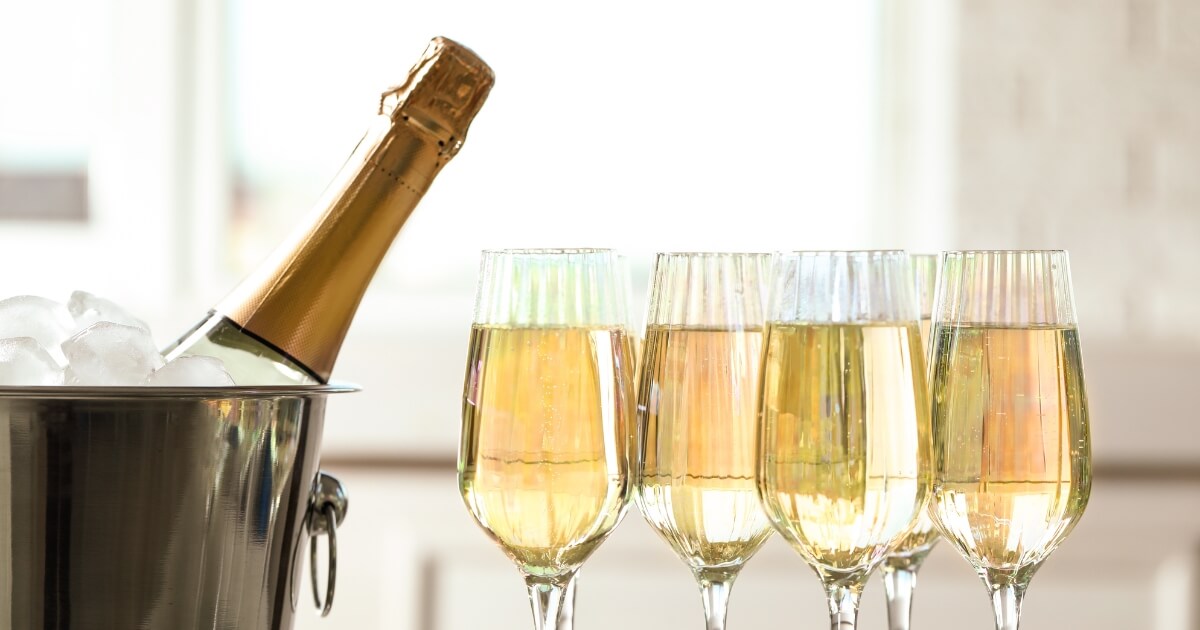
From understanding how your Champagne changes over time to learning the best ways to store it, you’re about to become a savvy keeper of your bubbly treasures. Let’s make sure every time you pop a cork, it’s a delightful experience, whether it’s tonight or years from now.
Champagne Shelf Life At A Glance
This table gives you a clear snapshot of how long your Champagne can stay in top condition, whether it’s opened or unopened, and offers some practical storage tips at a glance.
| Storage Method | Shelf Life | Notes |
|---|---|---|
| Opened Champagne | 3-5 days | Best if consumed immediately. Seal with cork/stopper and store upright in the fridge for slight fizz retention. |
| Unopened Non-Vintage Champagne | 3-4 years | Store in a cool, dark, humid place, ideally on its side to prevent cork drying. |
| Unopened Vintage Champagne | 5-10 years, up to 15+ | Ages well. Store similarly to non-vintage. Longer aging enhances complexity and flavor. Magnum bottles preferred for aging. |
How Long Does Champagne Last Unopened?
When you’re eyeing that unopened bottle of Champagne in your collection, you might wonder how long it will maintain its charm and sparkle.
For vintage champagnes, those special bottles created from a single harvest and often more complex, you’re looking at a shelf life of about 5 to 10 years, sometimes stretching over 15 years for those exceptionally high-quality ones.
Conversely, the non-vintage champagnes, blended from grapes of different years, typically have a shorter shelf life, ranging from 3 to 4 years.
Keep in mind these are not just random numbers. They reflect the intricate winemaking process and your care for your bottles.
You can read more about the shelf life of other wines here.
How Long Is Champagne Good For Opened?
Opened a bottle of Champagne and didn’t finish it?
Expect your opened Champagne to keep its flavor and fizz for about 3 to 5 days.
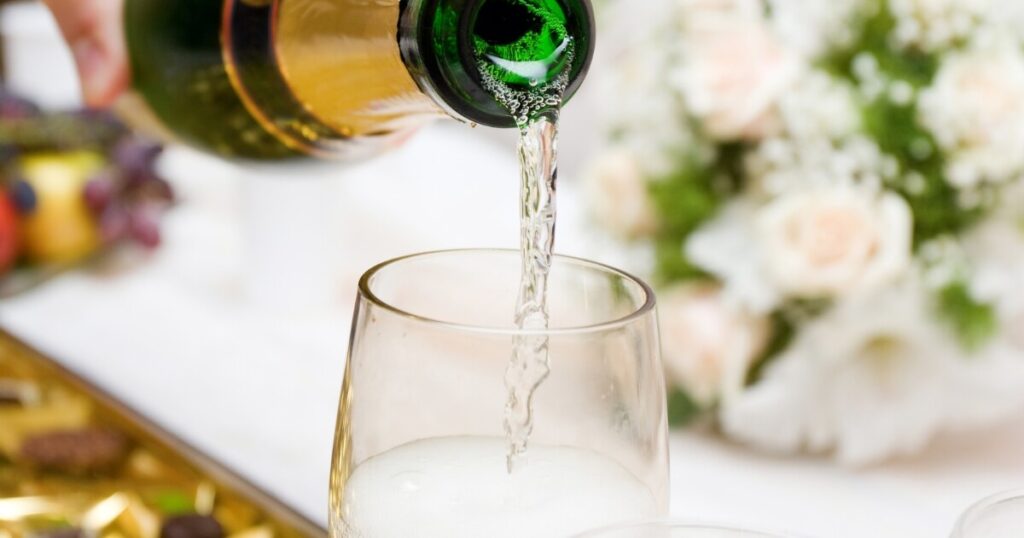
The key here is how you reseal and store it. Using a champagne stopper can make a significant difference, helping to maintain the bubbles. Also, storing the bottle upright in your fridge is important, as it contributes to keeping the Champagne enjoyable for those few extra days.
How To Tell If Champagne Is Bad
Spotting a bad bottle isn’t just about taste. Look out for these telltale signs of spoilage before you pour:
- Visual Clues: A good starting point is the color. Champagne that’s past its prime often shows a darker color than its usual pale gold or pink hue.
- The Nose Knows: Give it a sniff. Fresh Champagne should have lively, fruity, and floral aromas. If you’re getting whiffs of something sour or musty, that’s a red flag.
- Taste Test: Take a cautious sip. Champagne should be crisp, slightly acidic, and effervescent. A flat taste or an unpleasant sourness is a clear sign it’s turned.
- Bubble Check: One of Champagne’s joys is its bubbles. If your bottle lacks that characteristic fizz, it’s not in good shape.
If you find your Champagne has gone bad, while it’s not typically harmful to drink, it won’t provide the enjoyable experience you’re looking for. In most cases, replacing a spoiled bottle is better than trying to salvage it.
Remember, Champagne is about delight and celebration, and a bad bottle just won’t hit those notes.
Aging Champagne: Does It Get Better?
Aging Champagne is a topic that gets many connoisseurs excited, but what’s the real deal? Does Champagne actually improve as it ages?
For vintage champagnes, aging can truly enhance their character, bringing out more intricate and developed flavors. These bottles, made from grapes of a single harvest, can develop rich, nuanced profiles over time, shifting from vibrant fruitiness to complex brioche, nuts, and honey notes.
However, it’s a different story for non-vintage champagnes. These blends are generally crafted for more immediate enjoyment and don’t gain much from long-term aging.
So, if you’re holding onto a bottle for those special future moments, make sure it’s a vintage one that’s meant to age gracefully.
Champagne Storage Tips
Proper storage is essential to preserving your Champagne’s sparkle and flavor, whether it’s waiting for its grand opening or has already made its debut.
For unopened bottles, the ideal spot is a cool, dark place with a consistent temperature. Think wine cellar or wine fridge, with temperatures ideally between 45° and 65°F. Keep these bottles lying on their side; this keeps the cork moist, ensuring a tight seal against air and maintaining the quality of the Champagne inside.
Once opened, the approach changes slightly. Your best bet is to reseal the bottle with a champagne stopper and store it upright in the fridge. This helps maintain the carbonation and flavor for that 3-5 day window.
And remember, light and temperature fluctuations are the enemies of Champagne, both opened and unopened. A consistent, cool temperature and protection from direct sunlight or artificial light will help keep your bottle of bubbly at its best for longer.
Champagne FAQs
Why Does Champagne Go Bad if Laid Sideways for Too Long?
Laying a bottle sideways for an extended period is essential to keep the cork moist and prevent air from seeping in. If the storage conditions are not ideal, especially if it’s too humid or the Champagne is of lower quality, the prolonged contact between the wine and cork can lead to spoilage or cork taint, affecting your Champagne’s flavor.
Does Champagne Go Bad When Cold Then Warm?
Fluctuating temperatures are a big no-no for champagne storage. Moving a bottle from cold to warm environments can cause the Champagne to expand and contract, potentially pushing the cork out slightly and allowing air in, leading to oxidation and spoilage.
Can You Drink 10 or 20-Year-Old Champagne?
Yes, you can drink 10 or 20-year-old Champagne, especially if it’s a high-quality vintage champagne stored under the right conditions. These aged champagnes can develop rich, complex flavors over time, making them a unique and enjoyable experience. However, non-vintage champagnes are not designed for such long aging and do not hold up either.

